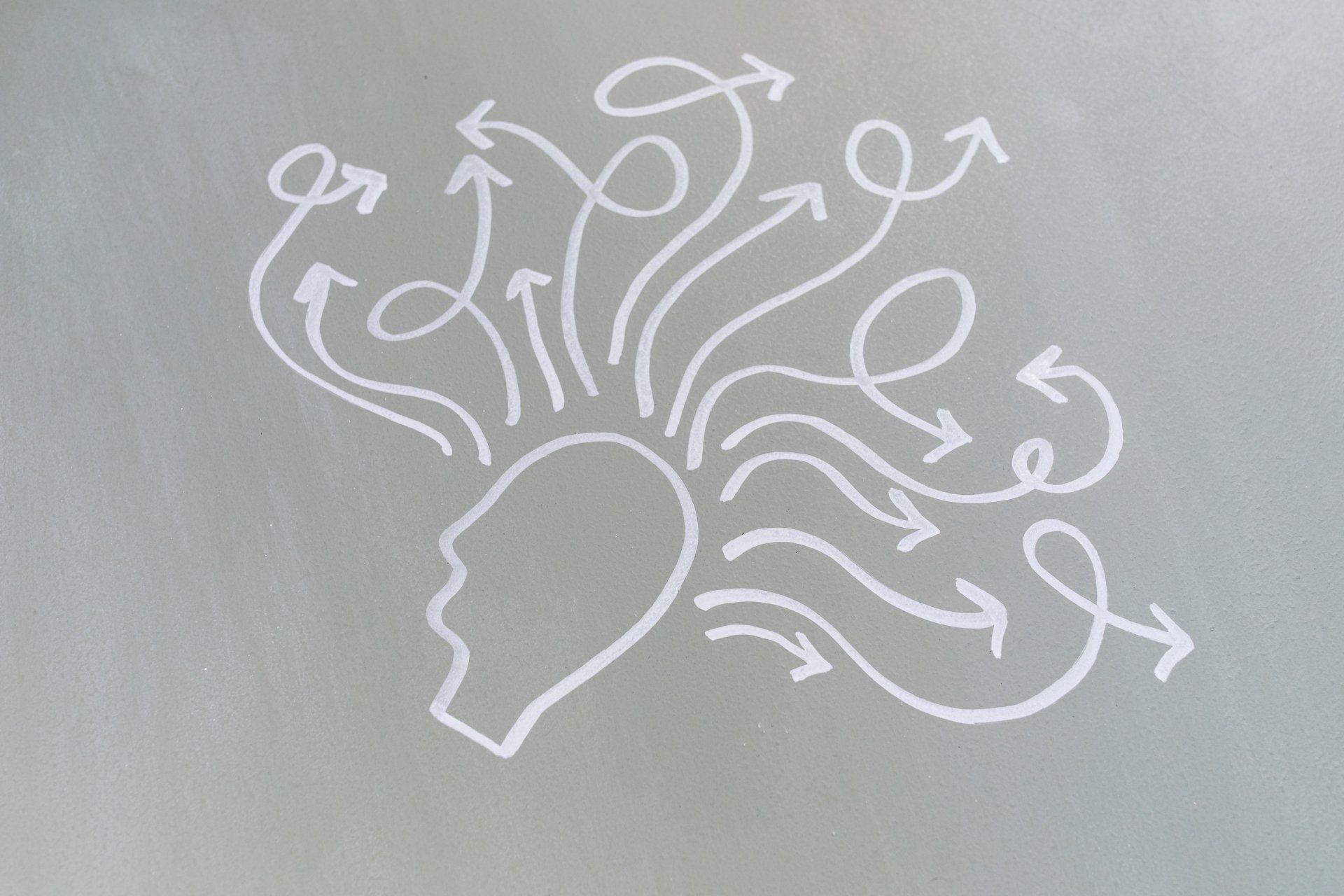An Introduction to Concussions
WHAT IS A CONCUSSION?
A concussion is a traumatic brain injury that may occur through trips and falls, sports injuries, fights/assaults, bicycle accidents, motor vehicle accidents and much more. After a concussion, you may think, act, move or feel differently as there are several symptoms that one may experience from this traumatic brain injury.
SIGNS AND SYMPTOMS
Thinking/Cognitive
-
Poor memory
-
Difficulty concentrating
-
Short attention span
-
Feeling dazed or foggy
Physical
-
Headache
-
Dizziness or lightheadedness
-
Blurred or double vision
-
Imbalance
-
Sensitivity to bright light or noise
-
Ringing in the ears
-
Hearing problems
-
Fatigue, low energy, tired
-
Difficulty falling and/or staying asleep
-
Drowsiness
-
Sleeping more than usual
Emotional
-
Feeling more emotional, sad, nervous, worried or stressed
-
Feeling irritable, angry or frustrated
-
Not feeling like yourself
The long list above indicates how you can be affected by a concussion but not all concussions are the same. For instance, many people are under the impression that you become unconscious when you experience a concussion but that is not always true. You may lose consciousness in the case of a severe head injury but if the concussion is mild to moderate, chances are you won’t.
Since concussions can vary, a grading scale is used to distinguish between minor and major concussions.
GRADING SCALE FOR CONCUSSIONS
Grade 1: Mild
Mild concussions can produce headaches, nausea and imbalance. An individual with a mild concussion is usually confused about the incident and has trouble regaining focus.
Grade 2: Moderate
Moderate concussions are associated with strong symptoms of nausea, confusion, dizziness and blurred vision. These symptoms can last long periods of time, sometimes up to 24-hours.
Grade 3: Severe
Severe concussions can lead to constant headaches, issues with concentration, and memory loss. It is not uncommon for a person to experience loss of consciousness for several minutes and they may not be able to see clearly for long periods of time.
TREATMENT FOR CONCUSSIONS
It is no doubt that a concussion can affect your mental health and you should not have to compromise your quality of life. To treat a concussion, your family doctor may recommend you to rest and take over-the-counter pain relievers such as acetaminophen (Tylenol) or Ibuprofen (Advil) however, this may just be a temporary fix. If you are suffering from a concussion and want a non-invasive treatment that has long lasting effects, then Z-score neurofeedback may be what you are looking for. Similar to traditional neurofeedback, it is a method to train the brain to be more relaxed, calm, alert, and focused. However instead of one specific area being trained, Z-score neurofeedback trains multiple areas of the brain at the same time with the help of 19 electrodes placed on the scalp.
People who have had a concussion typically have deviant brain wave patterns. Sometimes there is an excess of slow brain wave patterns near the areas where their brain injury is which can cause the symptoms related to brain fog, inattention, emotional regulation, and executive functioning. Depending on the injury there can be a global reduction in some or all brain wave patterns that causes global issues in brain wave balance, communication, and speed of communication. Other areas in the brain can be stuck in fast brain wave patterns such as beta and high beta as your brain tries to compensate for an excess of slow brain wave patterns.
Once the brain wave patterns related to your symptoms are determined, we can design a personalized program to target and improve them. During each session we monitor your brain waves in real time and when there is greater balance of brain wave patterns we reward you with video and sound. These audio and visual rewards help train and guide your brain to have improved balance and improve your symptoms.
For more on concussions visit https://www.neuropotentialclinics.com/concussion
REFERENCES











